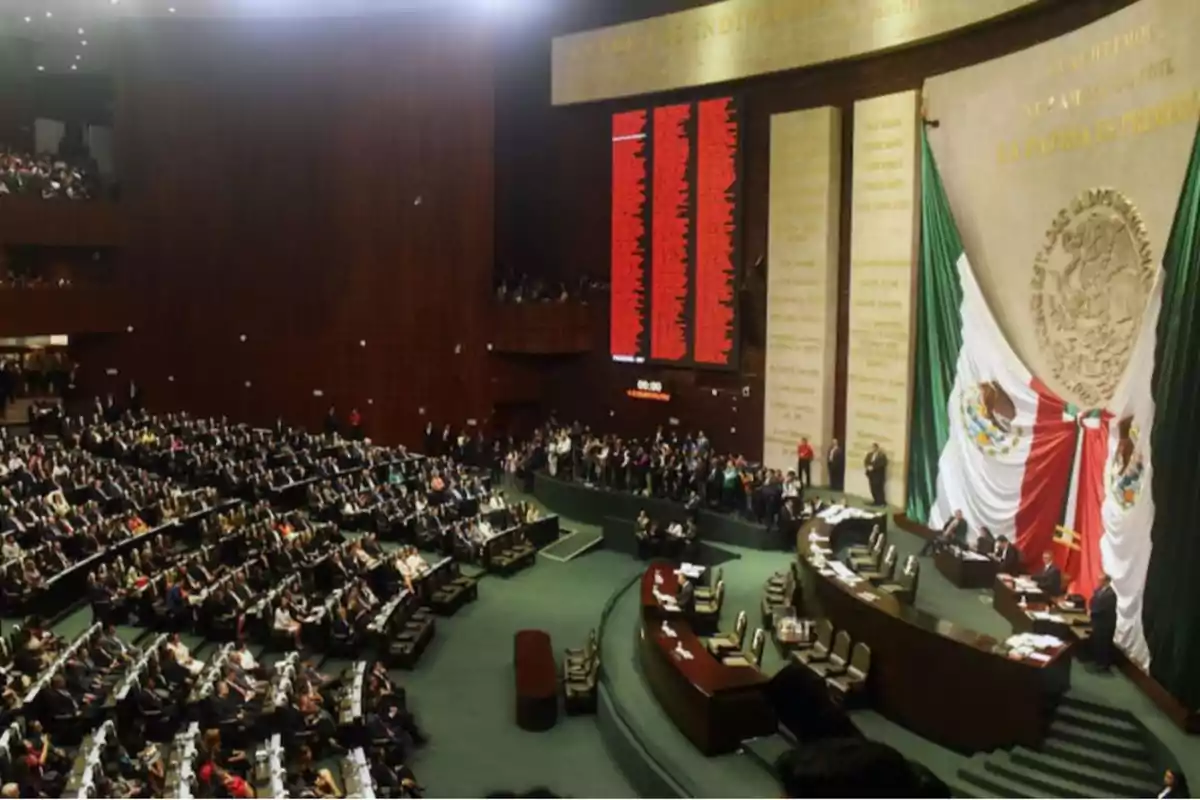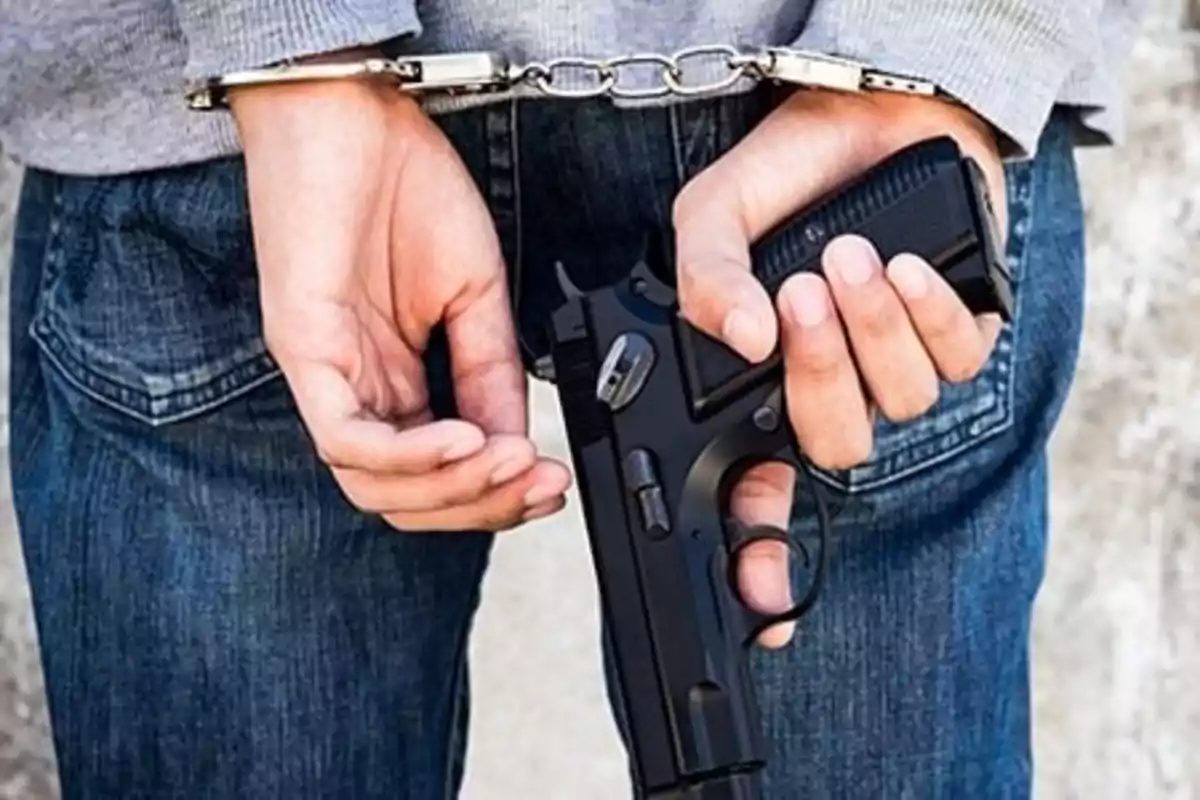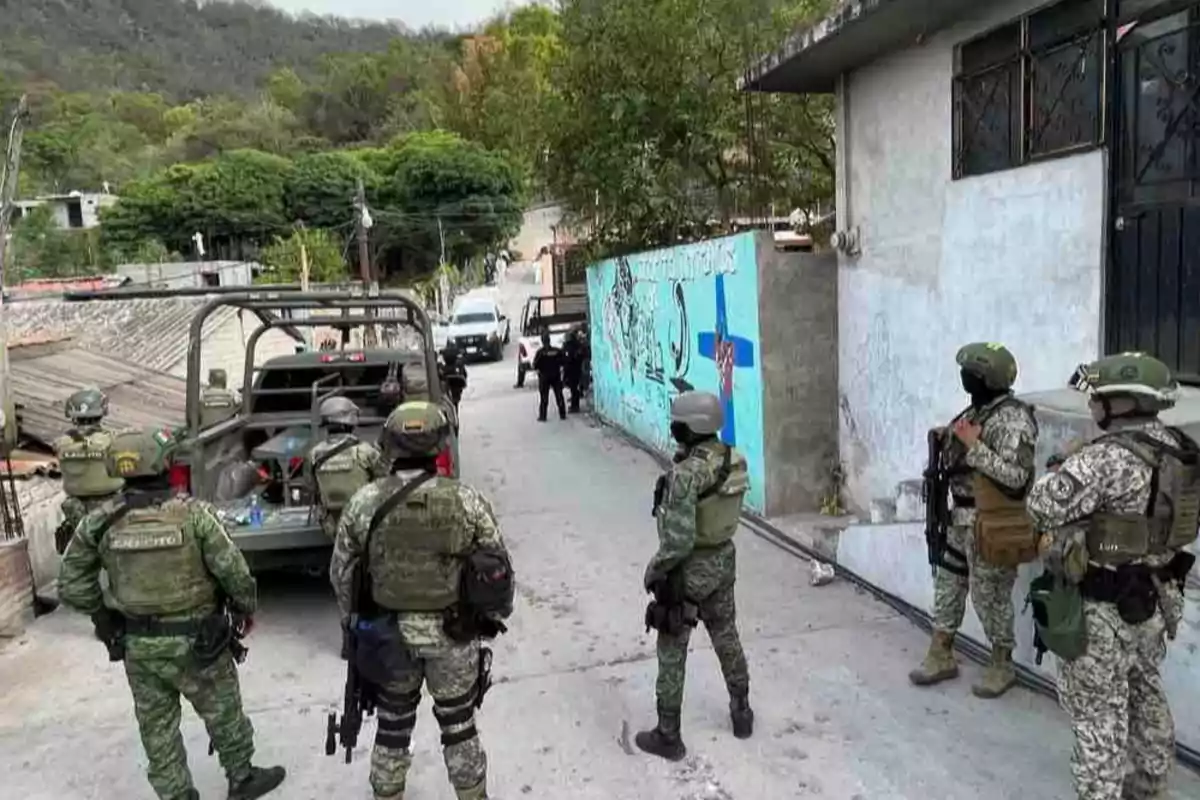
Senate approved reform for SAT, Pemex, and CFE officials to carry weapons
The reform also includes modifications to more than one hundred articles and toughens penalties for crimes related to weapons
A controversial reform to the Federal Law on Firearms and Explosives has caused concern among security experts and the public.
The Senate of the Republicapproved unanimously an initiative promoted by former president López Obrador. The reform would allow officials of state-owned companies, autonomous bodies, and private security companies to obtain a license to carry firearms.
With 105 votes in favor, the project was approved in the Plenary and will now be sent to President Claudia Sheinbaum for promulgation.

If it comes into effect, personnel from the Federal Electricity Commission (CFE), Pemex, the Tax Administration Service (SAT), Casa de Moneda, the National Intelligence Center, and the Bank of Mexico could carry firearms.
However, only if they justify the need and meet the requirements established by the National Defense Secretariat (Sedena).
The text of the reform argues that "the security of strategic areas and public safety are national priorities." It states that this measure would provide certain officials with additional tools to protect facilities and sensitive information.
Access to firearms generates concern
However, for many, this initiative represents a dangerous expansion of access to firearms in a country marked by violence. The idea of bureaucrats from the SAT or Banxico being armed has raised concerns about possible abuses, lack of training, or an increase in the risk of confrontations.
In addition to this controversial point, the reform includes modifications to more than one hundred articles and toughens penalties for firearms-related offenses. Among them are:
Penalties of 4 to 8 years in prison, plus fines of up to 1,500 times the daily value of the UMA, for those who violate general provisions on firearms.
From 7 to 30 years in prison for those who illegally introduce prohibited weapons, magazines, or attachments into the country.
Up to 15 years in prison for those who misuse weapons assigned to security or law enforcement agencies.
Penalties of 6 to 12 years for the misuse of explosives or chemicals exclusive to the Armed Forces.

Additional regulation for charrería, private security, and prohibited technologies
The reform also regulates traditional practices like charrería, allowing the use of revolvers as part of the attire, as long as they are unloaded.
Additionally, devices that convert semi-automatic weapons into automatic ones are prohibited, including those made with 3D printers, and night sights, thermal sights, and other accessories that could facilitate criminal activities are banned.

Despite the toughening of sanctions, the media and public focus is on the new possibility that civilian officials from areas not directly related to security could carry firearms.
The reform continues to advance, but with it also grows the controversy over how far the armed arm of the State should reach.
More posts: